
October 23, 2025
Discover how Mix Master strengthens your brain just like an instrument - training focus, creativity, and emotional intelligence through the science of sound.
Read more.png)
September 8, 2025
Tools like Suno are now powerful enough to generate melodies, lyrics, and even full songs in seconds. That’s exciting—and controversial. Just ask Timbaland. Recently, he came under fire..
Read more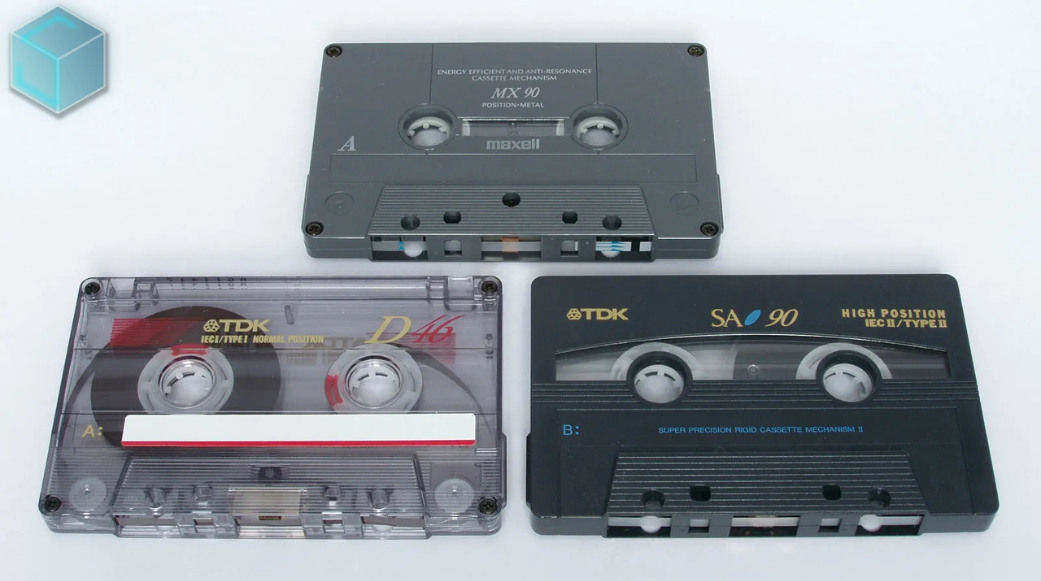
August 23, 2025
The 1980s and 1990s analog music medium known as cassette cassettes is experiencing an unanticipated comeback, with Gen Z spearheading the trend. Taylor Swift, who included cassettes in the release...
Read more
August 23, 2025
This week's most notable headline: Doja Cat's erotically charged, '80s-inspired music video, "Jealous Type," is dominating social media feeds and cultural discourse, marking her most daring...
Read more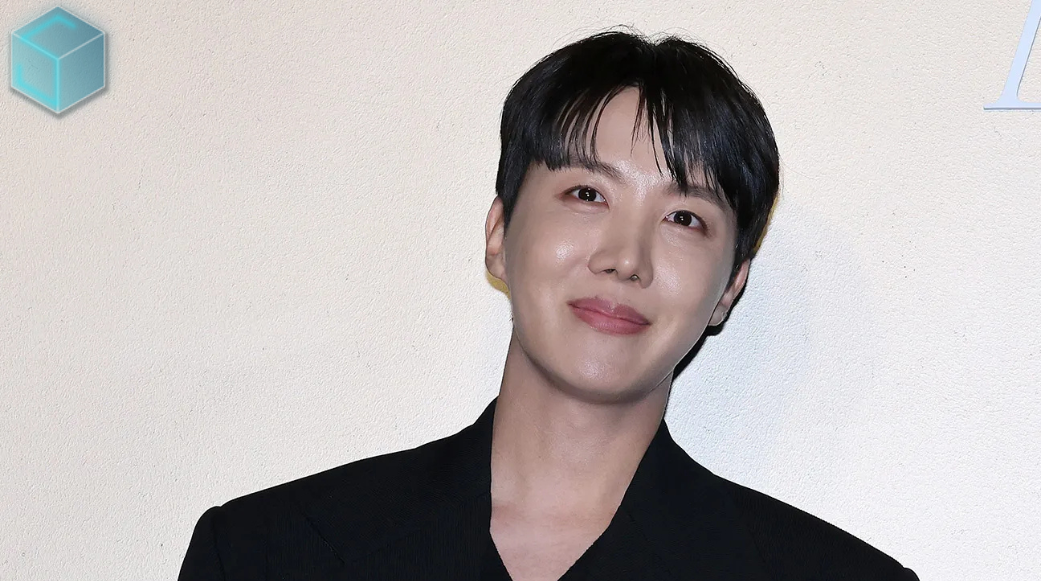
August 23, 2025
J-hope and GloRilla's "Killin' It Girl," a spectacular blend of K-pop flare and shameless hip-hop heat that has taken the world by storm, is this week's winner of the Best Collaboration of Summer...
Read more
August 23, 2025
Carly Rae Jepsen is giving fans the ultimate gift for the 10th anniversary of her critically adored album Emotion: a special edition featuring four never-before-heard tracks and two fresh remixes...
Read more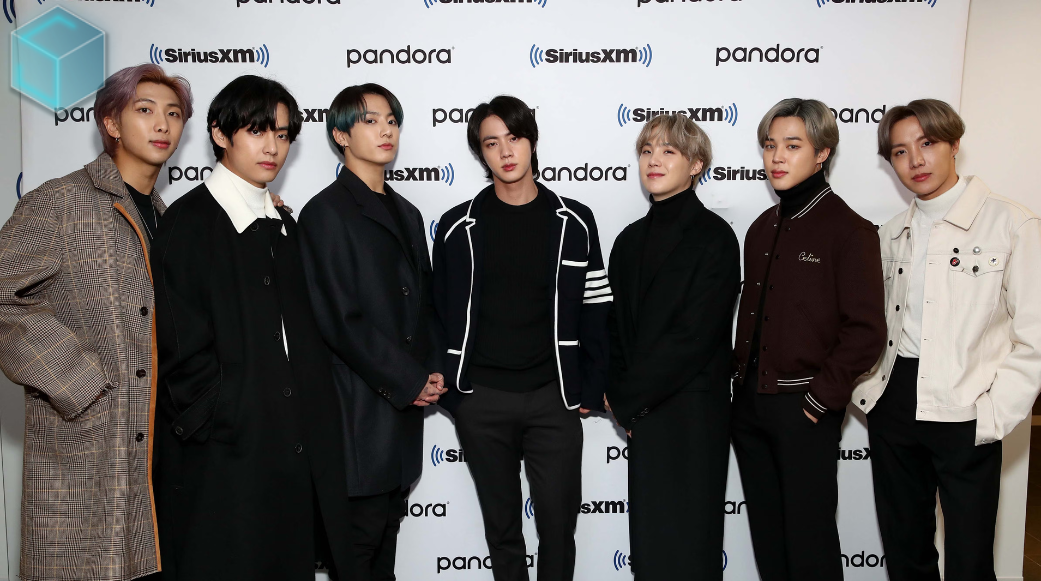
August 23, 2025
The wait is over, ARMY! BTS is officially back together and balancing work and play in their first moments of reunion after completing mandatory military service. J-Hope sent fans into a frenzy...
Read more
August 23, 2025
Christian music stepped outside of its quiet comfort zone in 2025. "Hard Fought Hallelujah," a worship song by Brandon Lake, went platinum, sold out festival stages, and exploded from churches to...
Read more
August 23, 2025
In late July 2025, Christian artist Forrest Frank (of Surfaces, now a solo juggernaut in faith-pop) posted from a hospital bed: he’d fractured his L3 and L4 vertebrae in a skateboarding accident...
Read more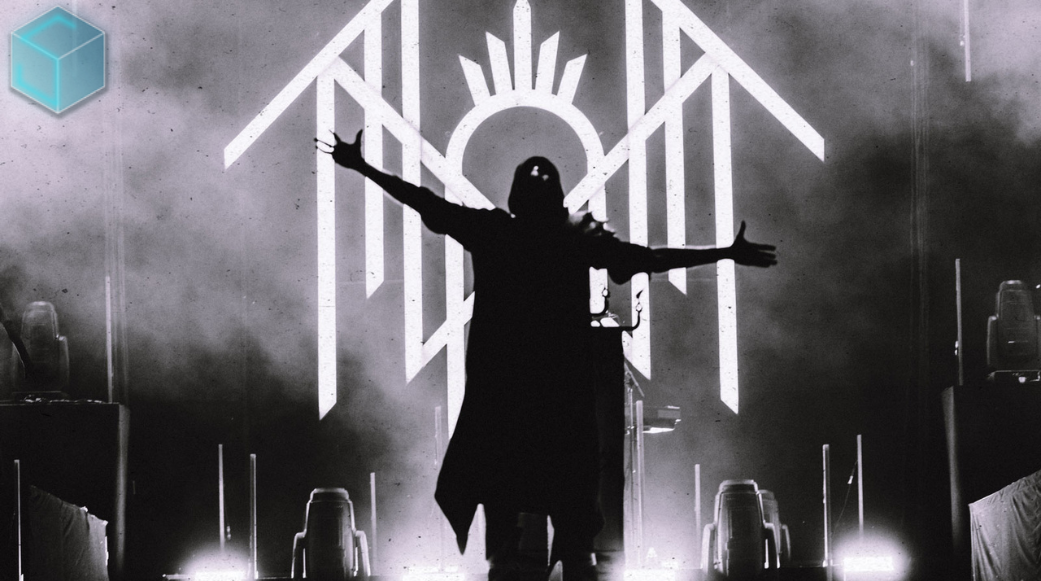
August 21, 2025
On September 16, the masked metal phenomenon Sleep Token will embark on their 2025 "Even In Arcadia Tour" across North America. The 18-show tour, which includes a huge date at Brooklyn's Barclays...
Read more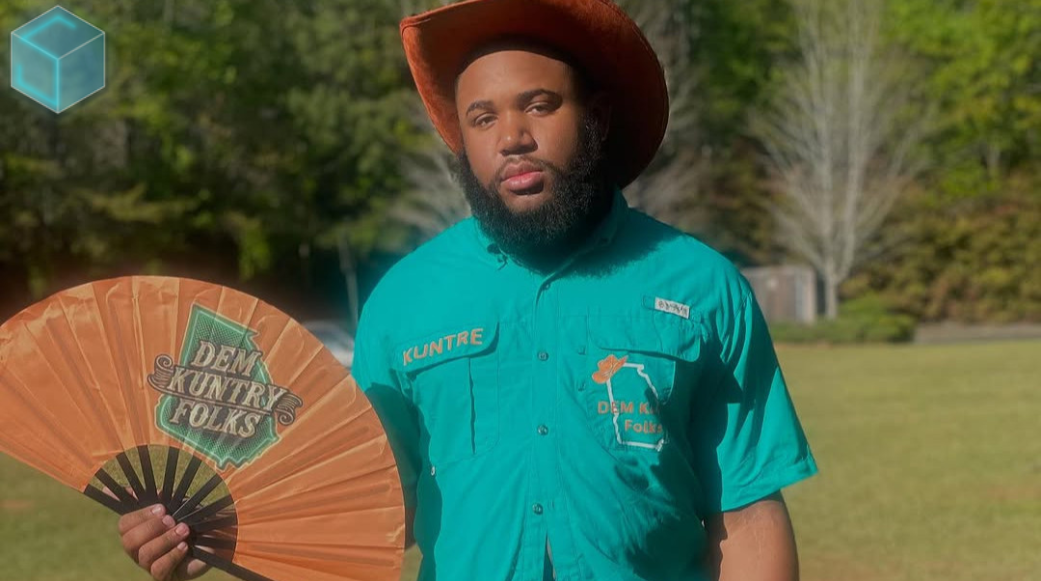
August 21, 2025
Due to a line dance that went viral and won over fans' hearts both inside and outside of the United States, 22-year-old Tre Little's song "Boots on the Ground" has become a cultural sensation this...
Read more
August 21, 2025
In addition to preparing for her next album, The Life of a Showgirl, Taylor Swift is reviving the physical medium this week by putting her songs on cassette tapes. This sentimental action...
Read more
Photo Source: caricole.com
Streaming is now the driving force of the music industry, making up 84% of the industry revenue in the U.S. While streaming is much more convenient for listeners, many artists argue that it is near impossible to make a living through streaming.
As the way we listen to music has evolved, so too has the way that artists are paid. Traditionally, artists would be compensated for physical album sales, live performances, merchandise, synchronization, and radio. While much of that remains similar today, listeners are now far less likely to purchase physical copies of an artist's music.
Streaming is just not as lucrative as selling physical copies, and with the average payout per stream being only fractions of a cent, it leaves little wonder as to why some artists are fed up.
So, How Do Streaming Platforms Pay Artists?
Contrary to popular belief, streaming platforms don’t just pay out a flat dollar value per stream. Instead, most platforms pay the rights holder (not necessarily the artist) via a process called “StreamShare”.
StreamsShare is calculated by adding how many times music owned by a rights holder is streamed in a particular market, and dividing that by the total number of streams in that market. This means that if an artist gets 1/1000 streams in a particular country, they will get $1 for every $1000 in the royalty pool from that country. The dollar value of the total royalty pool in each region depends on the subscription and/or ad revenues from that country; what the rights holder receives is proportional to how other music is doing in that market.
Once the money is paid out from the streaming service, it is out of their hands as to how the artist is paid - this depends on an artist’s agreements with their partners.
Issues with StreamShare
Since StreamShare does not just pay per stream, there are countless factors that determine how much you will take home at the end of the day. Services like Spotify and Apple Music also charge different subscription fees depending on region, meaning the revenue pool (and a stream) is sometimes worth substantially less in a developing market.
Additionally, paying out as a percentage of the total streams in a particular market can create a “winner takes it all” situation, where big artists inevitably take a higher percentage of the revenue pool.
Every platform does have variations in its payout structure, even if they use the StreamShare model. This leads to some big differences in estimations of average payout per stream, making it hard to predict earnings from just a number of listeners.
Is It a Fair Compensation Method?
Consumers are now paying less for music than they used to. As such, many streaming services operate on very thin margins - including Spotify. Apple Music is also unlikely to be very profitable, instead operating mainly as a way to enhance cohesion within Apple’s ecosystem. It certainly is discouraging to artists, but there is no evidence that the streaming music industry is unfair to artists or consumers.
What are the Benefits of Streaming for Smaller Artists?
There are countless stories of artists on Spotify getting tens of thousands of streams, and barely bringing home a five-dollar paycheque. To make money off of streaming alone is basically impossible, requiring an immense number of streams for a payout near minimum wage.
Spotify created a site called Loud & Clear to clarify its stance on the debate surrounding streaming platform payouts. They answer a lot of FAQs regarding their payout process, and highlight a few key benefits to streaming services for smaller artists.
Streaming helps artists break through, allowing listeners to easily discover new music. This can establish your fan base, and revenue from physical copy sales and live gigs are unlikely without an established fan base. Spotify also has a playlist pitching tool for artists that can help your music get discovered on their curated playlists.
Loud & Clear also states that says that the streaming era favours top artists far less than in the CD era, with only 12% of total streams coming from the top 50 artists in 2021. In contrast, they cite that 25% of CD sales came from the top 50 artists back in the day.
So What Should Artists Do?
As an up-and-coming artist, earning a living from streaming alone is basically impossible - but it can jumpstart your career. Streaming platforms should thus be used as a tactic to grow in conjunction with other revenue streams. Think of streaming as a growth funnel, attracting a fan’s initial attention, then driving them to your social media, website, merchandise, and live shows.